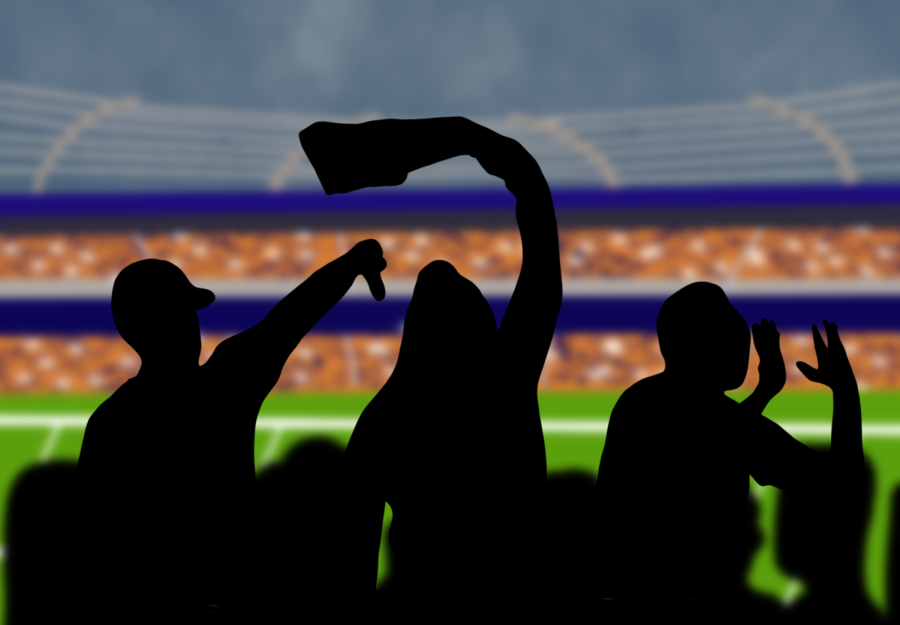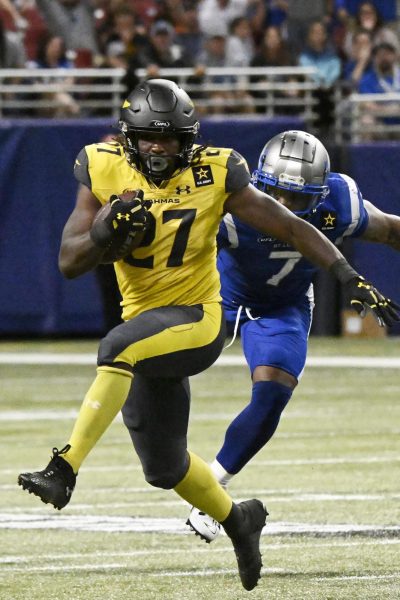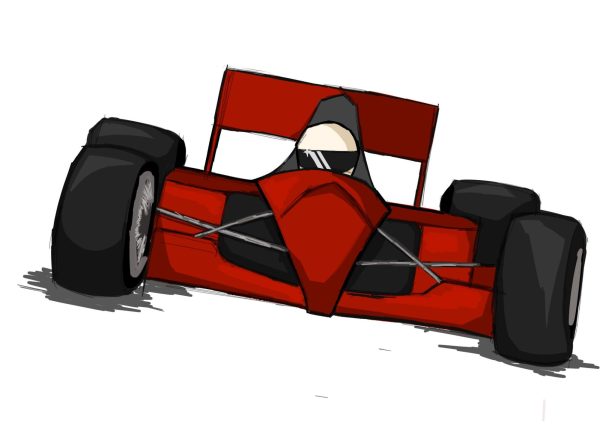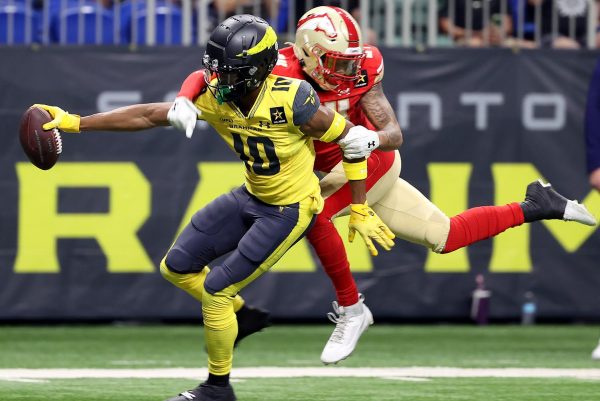Heckling from the audience: Hateful or Helpful?
September 6, 2022
Through the decades, heckling from fans has been an expected outcome and some could say an important part of sports. Heckling seems to give fans an outlet to express themselves and a way to participate in the game themselves. Though players often get sick of the constant badgering and some fans push the boundary of what’s acceptable to say. This leads to fans being told off by security or in some cases being physically removed from games themselves. Are fans taking their pride and excitement too far?
Teams and stadium officials have every right to censor and remove fans from games for the things they say. Though there is a spectrum of acceptable audience reactions at a game, you have to be exceedingly obnoxious for staff to intervene.
Many encounters fans have with stadium staff are due to exceedingly high anger from alcohol consumption or racial remarks. These situations promote dangerous and uncomfortable environments not just for players but for fans in the surrounding areas as well. It should be more than acceptable to have these people removed if such a thing occurs.
In recent news, a fan was banned from all Brigham Young University (BYU) games for racist remarks during a volleyball game. The player, Rachel Richardson, was the target of racial slurs and remarks such as “watch her sit at the back of the bus” as well as other similar aggressions. Heckling like this should not be tolerated in any form as doing so would create a hateful environment that players and fans alike would have to endure.
Though some forms of heckling may be acceptable. While going to games myself I’ve heard fans yell “airball” or “foul” at their opposing team. Earlier this year at a Kansas High School, a pair of students were kicked out for doing just that. A student from another school had missed a free throw so the group of students yelled out “airball,” which led to their expulsion from the game. Even though this was not an offensive or aggressive remark coming from the students it was treated in the same way as one would.
Heckling has its place in sports as it provides an outlet for fans to fully immerse themselves in the game while supporting their teams from the sidelines. However, heckling oftentimes crosses a line quickly becoming aggressive, offensive and oftentimes racially biased. Players and fans alike are at these events to have a fun experience and hateful speech brings forth a dangerous and uncomfortable environment. Teams have every right to distinguish whether heckling is acceptable or unacceptable and bring a stop to it if need be.











